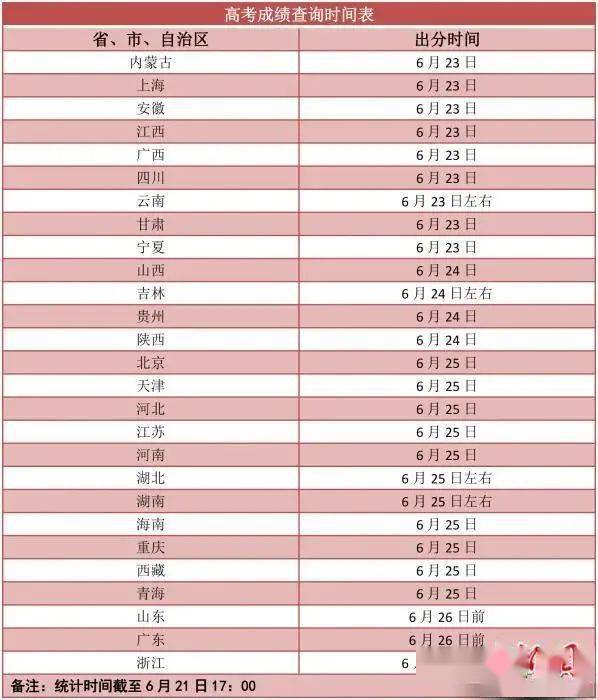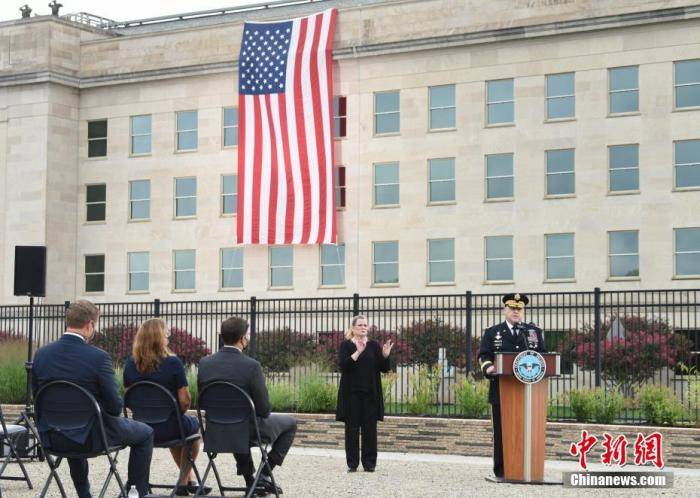MSc. Do Hoang, a research fellow at the South China Sea Institute, Diplomatic Academy, said that the Chinese gathering of large, long-term vessels at Ba Dau Rock is likely to be a new ‘slicing salami’ tactic in the South China Sea. Beginning implementation from February 2020.

Satellite images recorded by the US company Maxar Technologies on March 23 showed that about 220 Chinese ships anchored near Ba Dau rock in Sinh Ton cluster, infringing upon Vietnam’s sovereignty over the Spratly archipelago. (Source: Getty Images) “Prelude” smooth? The incident of hundreds of Chinese ships gathered in Ba Dau Stone has been attracting the attention of domestic and international public opinion today, especially on China’s intentional motives. Philippine officials and scholars warn, this is a sign that China may be taking on new attempts in the South China Sea, possibly leading to the occupation of this rocky beach as it did with Hoang Nham in 2012. Former judge Antonio De Carpio said that the hundreds of fishing vessels gathered at Ba Dau Stone is likely to be “prelude” for China to occupy this beach as what Beijing did with the Ring Stone in 1995. Meanwhile, Chinese Foreign Ministry spokesman Trieu Lap Kien affirmed that Chinese ships are only on this rocky beach to avoid bad weather, and this is a normal practice that has taken place for a long time. China. This spokesman also said that the Philippines calling the ships above as civilian fishing ships was not true. Meanwhile, scholars Andrew Erickson and Ryan Martinson of the US Naval War College analyzed AIS satellite data to prove that there are at least seven of the ships operating in the Sinh Ton island cluster, with the number the branding of each ship is clear, belonging to China’s “armed militia at sea” force. Besides, the group of ships here does not show that these are normal fishing vessels. Regarding the activities of Chinese fishing vessels in the South China Sea at Ba Dau Rock in the Spratly Islands of Vietnam, at a regular press conference on the afternoon of April 8, Foreign Ministry spokeswoman Le Thi Thu Hang said : It is necessary to reiterate that Vietnam has full historical evidence and legal basis asserting sovereignty over the two archipelagos of Hoang Sa and Truong Sa, in accordance with international law, as well as sovereignty, sovereignty right, jurisdiction over the relevant waters in the South China Sea, established in accordance with the United Nations Convention on the Law of the Sea 1982. All forms of propaganda and promotion of contents contrary to historical truth and international law is invalid, can not change the reality of Vietnam’s sovereignty over the two archipelagos of Hoang Sa and Truong Sa, as well as the reality of the South China Sea issue. China is against the law of nature Through analyzing satellite image data, observers said, there are at least 3 reasons to believe that the gathering of hundreds of Chinese ships in Ba Dau Stone is not the purpose of avoiding bad weather, and this is also not a long-standing custom of Chinese fishing vessels. first , satellite image data taken from Ba Dau Stone from 2016 up to now shows that hundreds of Chinese ships gathered at Da Ba Dau is a phenomenon that has only started to appear from February 2020. In previous years, Chinese fishing vessels had been anchored sporadically at Da Ba Dau but usually no more than 20 ships, and the ships had never been reassembled into such large structures. Monday According to satellite image data, the phenomenon of China massaging ships and boats mounted into structures at Ba Dau Stone since the beginning of 2020 has lasted for weeks or even months. Such a long gathering period was clearly not meant to avoid bad weather. Moreover, the mass gathering of ships only occurs at Da Ba Dau, while around the Sinh Ton island cluster there are many natural structures, also suitable for ships anchored to avoid weather. bad, but there were almost no ships anchored or sheltered there. Tuesday March and April each year is the quietest time of the year in the Trường Sa area of the year. Vietnamese folk have a saying: “In March, the old woman goes to the sea”, this time is the calm sea season, even the old woman can go to the sea, so ships all choose this time to go fishing. The fact that China used the reasons for bad weather shelter is not only inconsistent with the satellite image data obtained, but also contrary to the natural laws of the area. New salami slicing strategy So what does China mean by gathering hundreds of fishing boats at Ba Dau Rock, with the number of years after the year being much higher than the previous year, as satellite image data shows? Maybe China’s goal is to establish a regular, large-scale presence in the Ba Dau Stone, turn this presence into a “normal” thing, gradually move towards fully taking control and possibly Illegally building and renovating this stone into a new military facility. This will be China’s new salami-sand tactic to effectively expand control of the South China Sea. It is likely that this tactic will use a large number of ships gathered in an area to obstruct the activities of countries, and at the same time, these ships can spread, encircle, harass or impede operations. of other countries in different structures. Professor Alexander L. Vuving of the Center for Asia-Pacific Security Research in Honolulu, USA, said that China may be using a tactic as used in Scarborough Shoal, to blatantly gain control. in the field at Ba Dau rock which has a strategic location. Beijing tried to take the stone in the 1990s, he warns, but with no success, but this time it may be different. Alexander reiterates that Vietnam was the first party to speak out about the Three Heads Stone, opposing China allowing troops to land on that entity in 1992, so China may have changed its tactics. It is also possible that another goal of China is to gather a large number of militia ships here to deter countries in the region during the sea season of fishermen, which is also the season when countries in the region deploy activities. oil and gas exploitation activities. Meanwhile, Grigory Lokshin, a Russian expert on the South China Sea, said that there is no doubt that this is a Chinese political action in response to the meeting of the new Quartet in Tokyo in March. by. And former director of the China Maritime Research Institute at the University of Maritime Warfare Peter Dutton said that Beijing is pressuring US allies in the South China Sea to send the implicit message: “China is strong and will do what Beijing wants, if needed, regardless of previous laws or commitments. Whatever the reason and the motive, China’s gathering of large numbers of ships in the Ba Dau Stone has once again raised concerns about China’s intentional goal in the region, undermining strategic confidence in when the region needs cooperation in economic recovery after the Covid-19 pandemic. This action is also unlikely to be considered a goodwill act in the context of ASEAN and China working to revive the negotiation process of the Code of Conduct in the South China Sea (COC). This behavior also violates the spirit of the Declaration of Conduct in the South China Sea (DOC), violates the principle of restraint not complicating the already increasingly complicated situation here, is the main cause of public opinion in the region. and international concerns and criticisms of China over the past time. (According to South China Sea Research)





























































You must log in to post a comment.